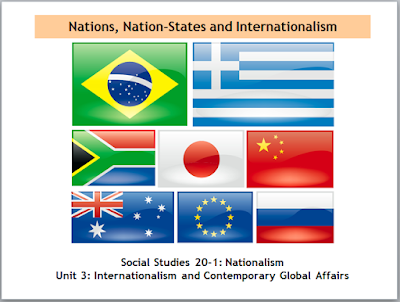IB 20 HOTA
We were in the Blenheim Room today getting ready for the presentations on Wednesday and Thursday. One week from today you will be writing a multiple choice test on the Authoritarian States unit. Please check out the study guide below to prepare for this test.
Authoritarian States Unit Exam
This test has 65 multiple choice questions on it. The emphasis of the test is on Nazi Germany and Stalin's USSR. You should review the following materials and concepts:
- Non-Democratic Systems (handout notes)
- Totalitarianism (handout notes)
- Types of Political Systems (Google Slides presentation, it's on the wiki in the Democracies section)
- techniques of DICTatorship (direction of popular discontent, indoctrination and propaganda, controlled participation, terror and force)
- characteristics of authoritarian systems
- review the political spectrum, the economic spectrum, and the economic-political grid
- Stalin's Five Year Plans and collectivization
- review Beer Hall Putsch, Nuremberg rallies, Night of the Long Knives, Night of Broken Glass (Kristallnacht)
Social 30-1
We continued looking at the concept of illiberalism today. I needed to give you some historical context for the anti-terrorism legislation that was passed in Canada and the United States post-9/11, so I showed you some videos from the CBC News in Review series on the anniversaries of 9/11. We then proceeded to talk about the USA PATRIOT Act, and how it has been extended/renewed multiple times. You're writing the Chapter 10 Test on Friday, December 14th. You only have to do questions 1-50 on this test. Please see the study guide below.
CHAPTER 10 TEST STUDY GUIDE:
This test is multiple choice format, with 55 questions.
- Please review the PowerPoint "Political Challenges to Liberalism".
You're responsible for all key terms and questions from the Chapter 10 Worksheet. Please review the following as well:
- Democratic Systems (handout notes)
- Non-Democratic Systems (handout notes)
- Structure of Canadian Government
- Structure of American Government
- similarities/differences between the parliamentary system and presidential system
- types of dictatorships
- techniques of dictatorships
- authoritarian systems
- proportional representation concept
- first past the post system
- review political and economic spectrum (again!)
Social 10-1
We finished with the "Globalization and Sustainability" lecture today. I gave you some time to work on your Chapter 15 Key Terms and Questions.





